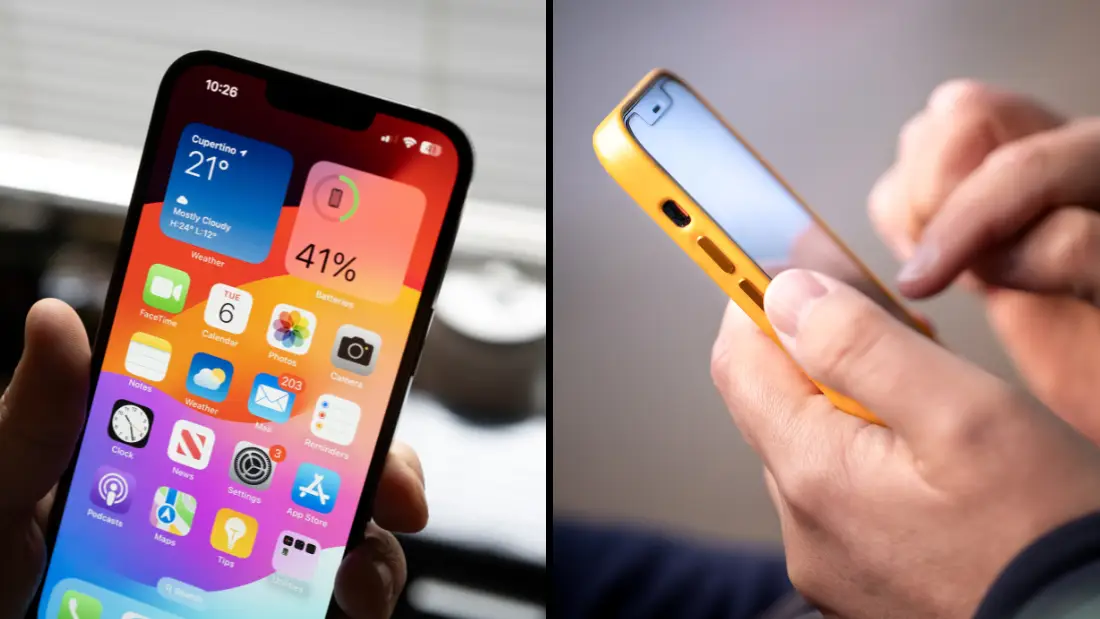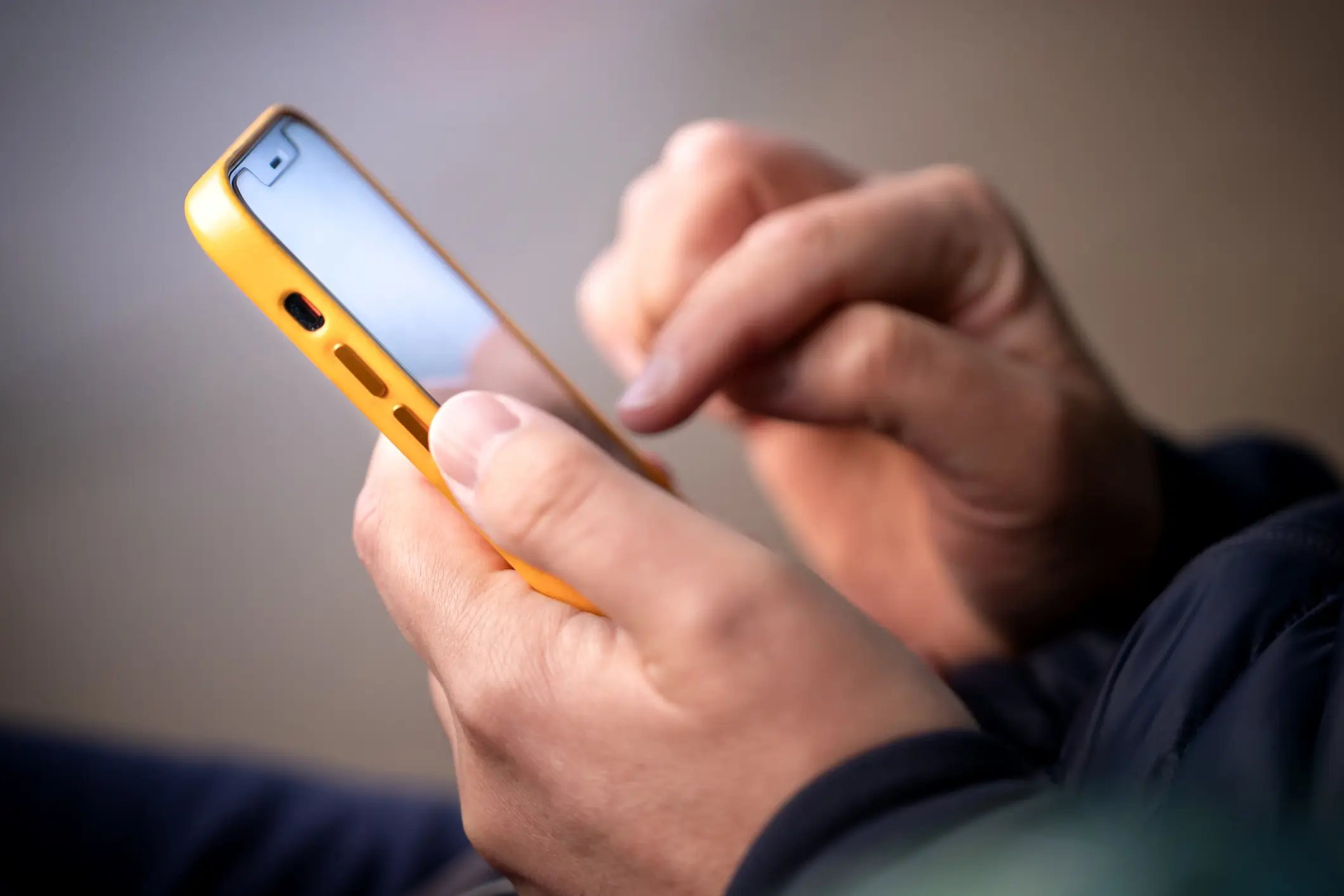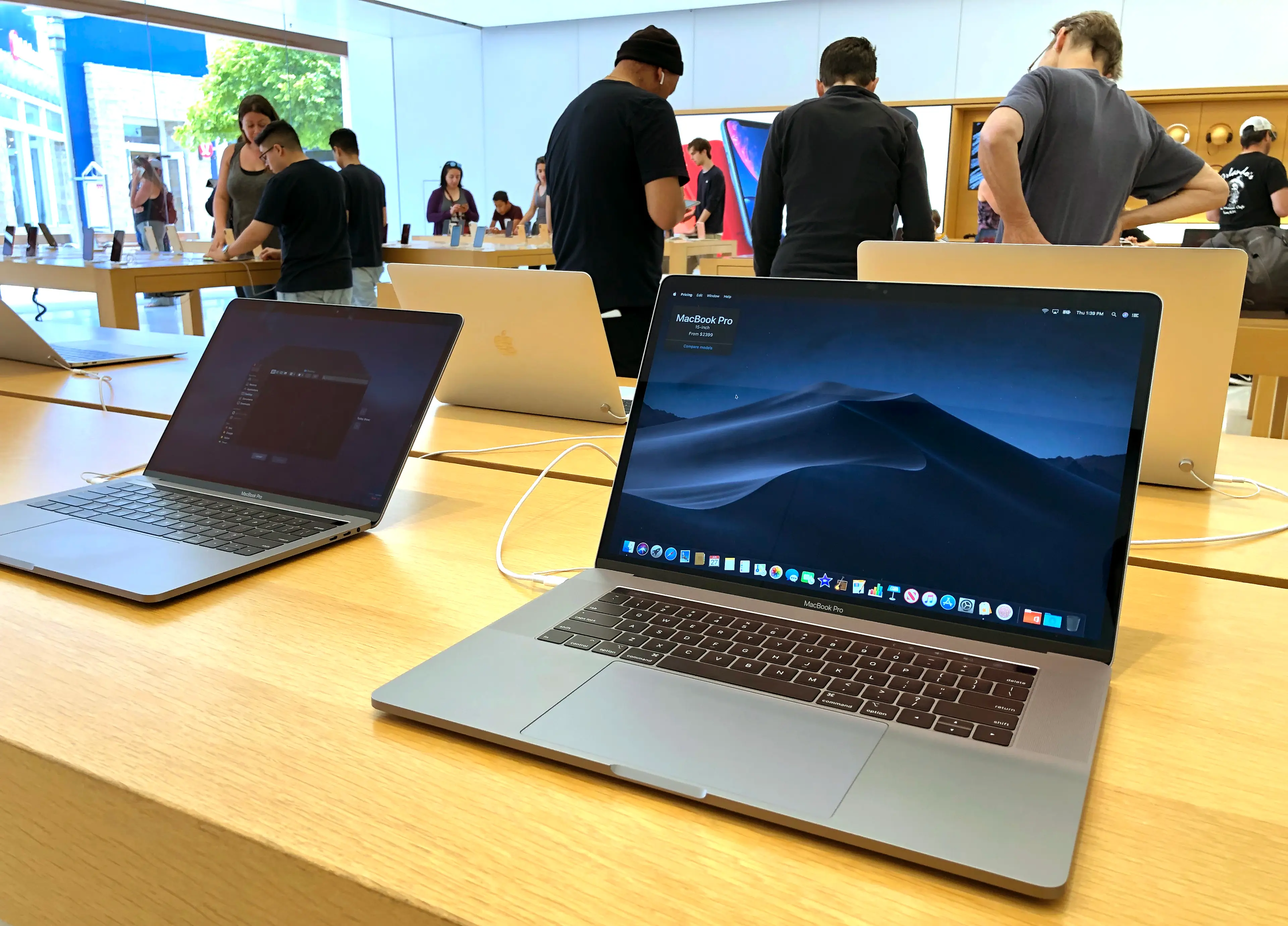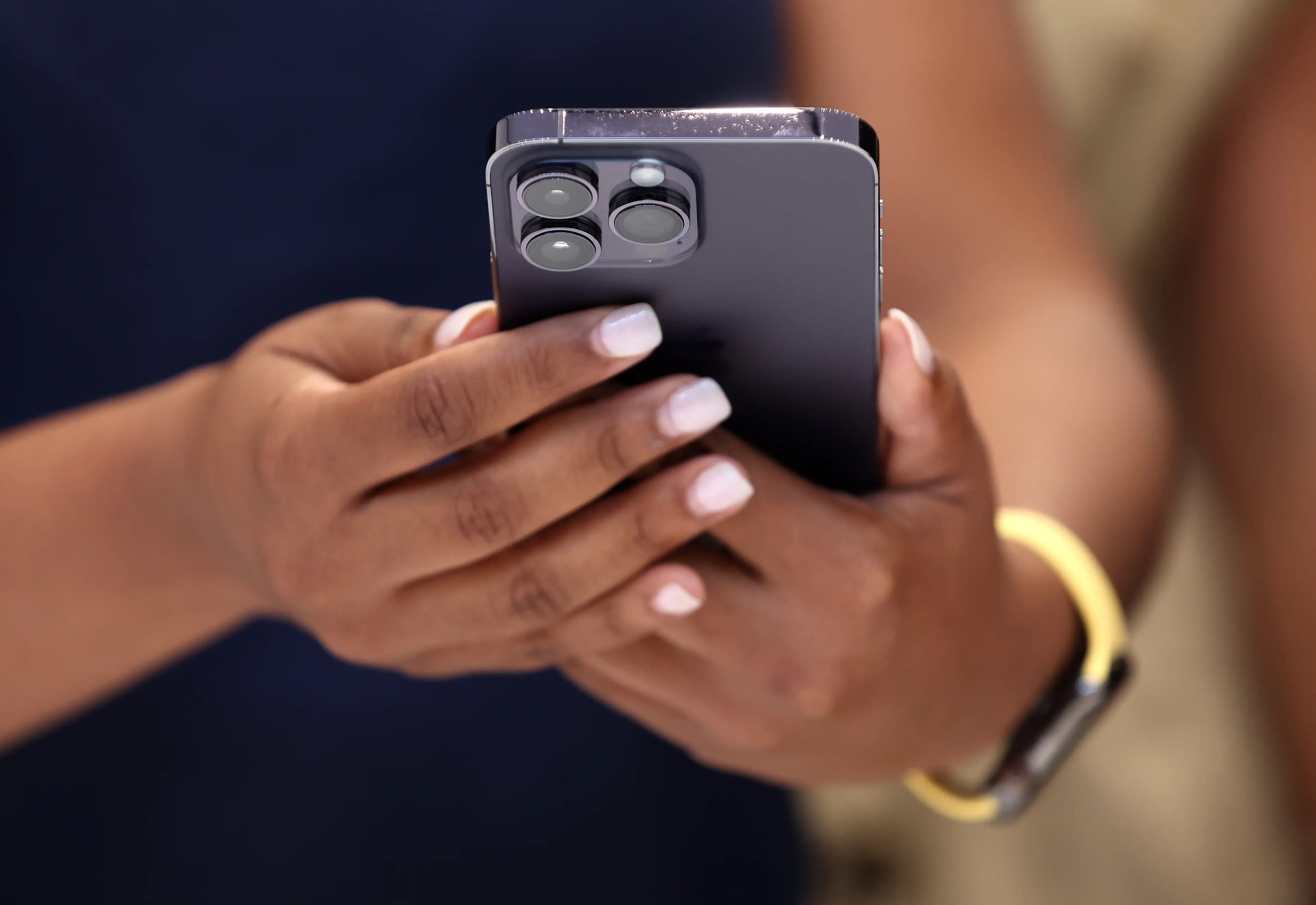
Keeping your information private if you own an iPhone, MacBook or iPad can be incredibly confusing, according to a new academic study looking at Apple's built-in apps such as FaceTime, Safari, Siri and Touch ID.
The new study, from Aalto University in Finland, has looked at how the built-in apps on Apple devices actually work, even if they're left unused to go dormant in the background.
People are becoming increasingly mindful about the ways websites and apps are collecting and handling their data - just look at the recent Temu backlash following its 'free cash giveaway'.
Advert
Academic researchers at the Finnish university have investigated the privacy settings of Apple’s default apps. We're talking about the apps that you can't get rid of unless you're really technically gifted.
They're apps that you can find across most of Apple's products, primarily the iPhone, Mac, and iPad.
Eight apps were studied specifically: Safari, Siri, Family Sharing, iMessage, FaceTime, Location Services, Find My and Touch ID.

Associate Professor Janne Lindqvist, head of the computer science department at Aalto, said it was 'virtually impossible' to get rid of these apps.
This, combined with data collection taking place in the background of your device, has given Lindqvist cause for concern.
Associate Professor Lindqvist said: "We focused on apps that are an integral part of the platform and ecosystem. These apps are glued to the platform, and getting rid of them is virtually impossible.
"Due to the way the user interface is designed, users don’t know what is going on. For example, the user is given the option to enable or not enable Siri, Apple's virtual assistant.

"But enabling only refers to whether you use Siri's voice control.
"Siri collects data in the background from other apps you use, regardless of your choice, unless you understand how to go into the settings and specifically change that."
The study asked participants to try and change their settings to protect their privacy, and none of them managed it.
Amel Bourdoucen, a doctoral research at Aalto, said: "It turned out that the participants weren’t able to prevent any of the apps from sharing their data with other applications or the service provider."

The researcher added: "The online instructions for restricting data access are very complex and confusing, and the steps required are scattered in different places. There’s no clear direction on whether to go to the app settings, the central settings – or even both."
Lindqvist claims it is possible that data collected by apps will be used to train the artificial intelligence system behind Siri and to provide personalised user experiences.
LADbible has contacted Apple for a comment.
Topics: iPhone, Apple, Technology, Hacks, World News